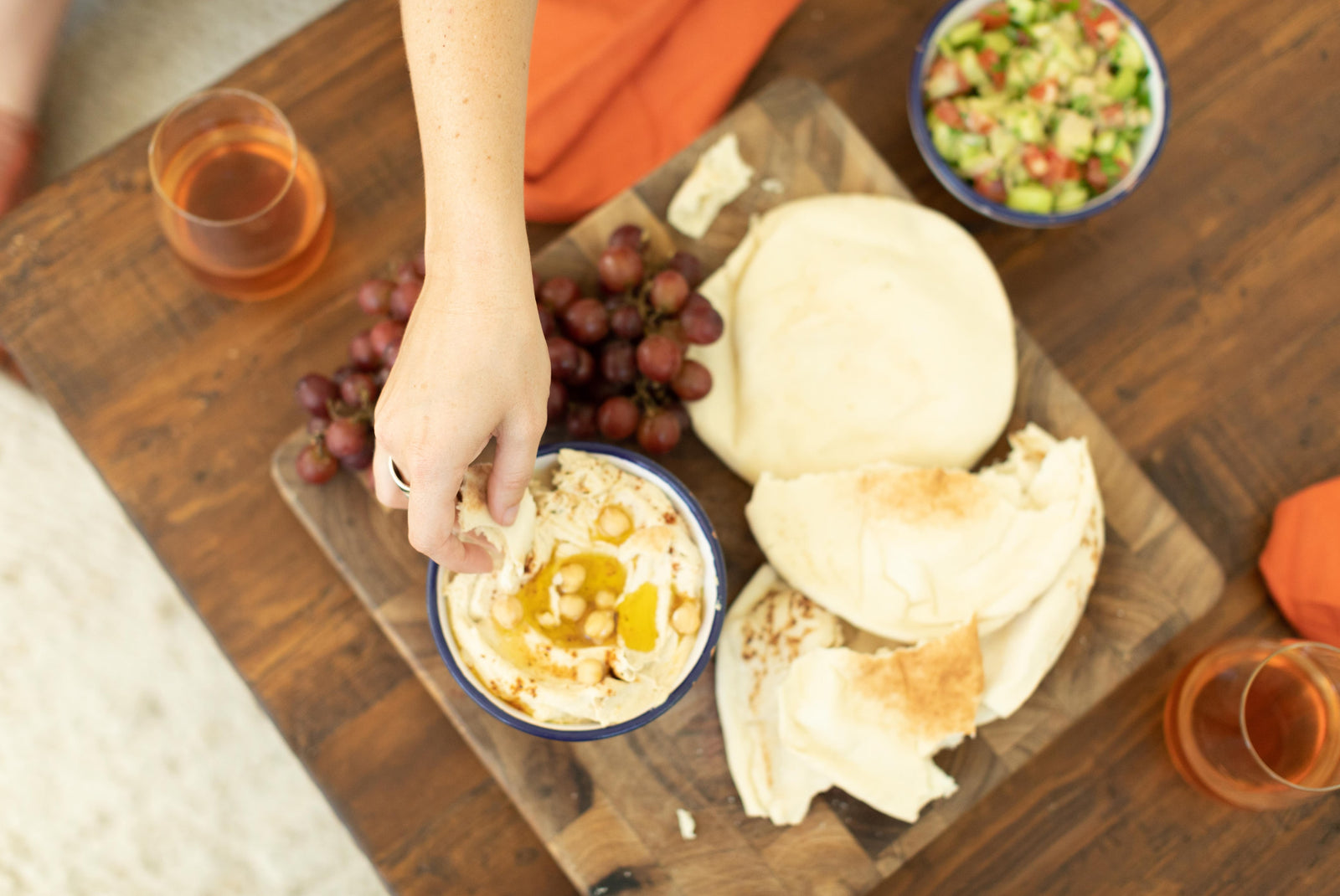Your Nutritious Pal On-the-Go
Your Nutritious Pal On-the-Go

Mediterranean Eating: What’s Old is New Again!
Of the world’s five ‘Blue Zones’—the regions that have the highest concentration of centenarians in the world—two of them are in the Mediterranean region. One of them, Ikaria, a little Greek island overlooking the Aegean Sea, has come to be known as the island where people forget to die.
Researchers have been studying the Mediterranean for decades to unlock the secrets of the healthy communities that thrive there. Not only do people live longer, but they are largely free of common diseases like heart disease, obesity, cancer and diabetes. Several factors are at play. Mediterraneans tend to be active daily and live in close-knit, smaller communities. But above all, they eat whole, unprocessed foods. While the rest of the modern world clamors for the next fitness craze or fad diet, the Mediterraneans have been quietly going about their business, living, working, eating the way their ancestors would have.
Most of us don’t live on isolated Greek islands or have the benefit of an Israeli mother to prepare our meals for us, but we can take some inspiration from the lifestyle and way of eating that has been around for a millenia or two.
Get Fruity
Refined sugar, an unfortunate mainstay in the modern world, doesn’t have much of a place in a Mediterranean diet. Instead, people from this region eat lots of fruit. From dates to pomegranate, you don’t have to ignore your sweet tooth just because you’re cutting out the sugar.
Get Freekeh
Freekeh is just one of the many whole grains that you could do yourself the service of getting familiar with. Others, like barley, buckwheat, quinoa, and couscous may be more accessible for those of us who may be a little intimidated by freekeh.
Get Fatty
The good fatty, obviously. Olive oil, avacados, and nuts are all common components of a Mediterranean diet. What’s not common? Greasy hamburgers. Speaking of which, reducing red meat is a good way to cut out some of the more detrimental fats. Replace it with poultry and or fish, but please, don’t deep fry it.
But I’m Busy!
We get it, the modern world doesn’t always leave room for family dinners and mid afternoon naps. If you must grab your meals and snacks on the go, just stick to the general doctrine that the less ingredients, the better. Look for foods that feature whole, unprocessed ingredients that you can pronounce without needing a doctorate in biochemistry. There has been a renaissance in healthy packaged goods in the past few years, especially Mediterranean-inspired ones. It’s never been easier to eat like those spritely young centenarians. Oh, and by the way, the red wine that people all over the Mediterranean drink in moderation doesn’t seem to hurt either!
Check out our amazing selection of Mediterranean snacks, we know you'll love them!
Leave a comment
Comments will be approved before showing up.
